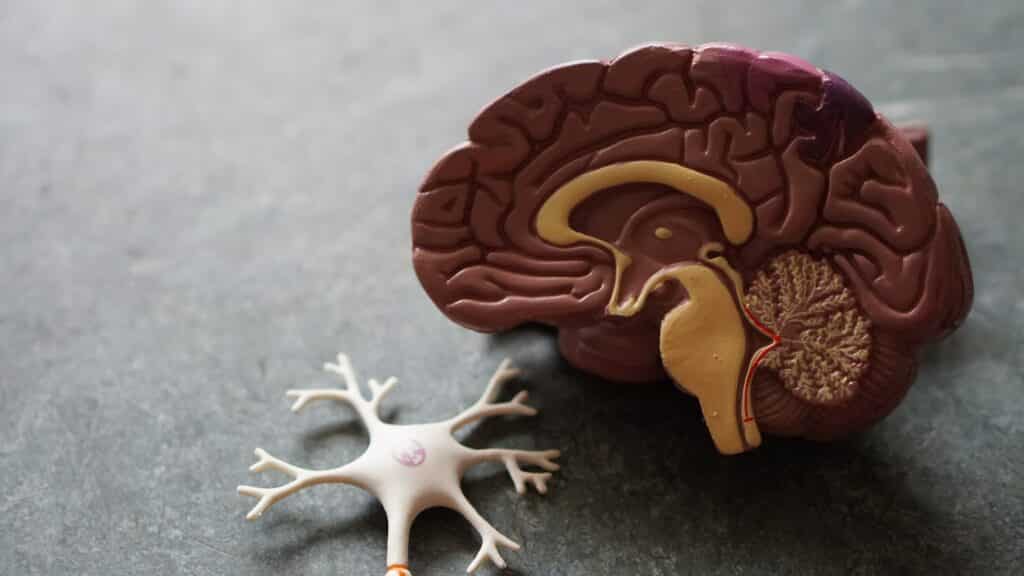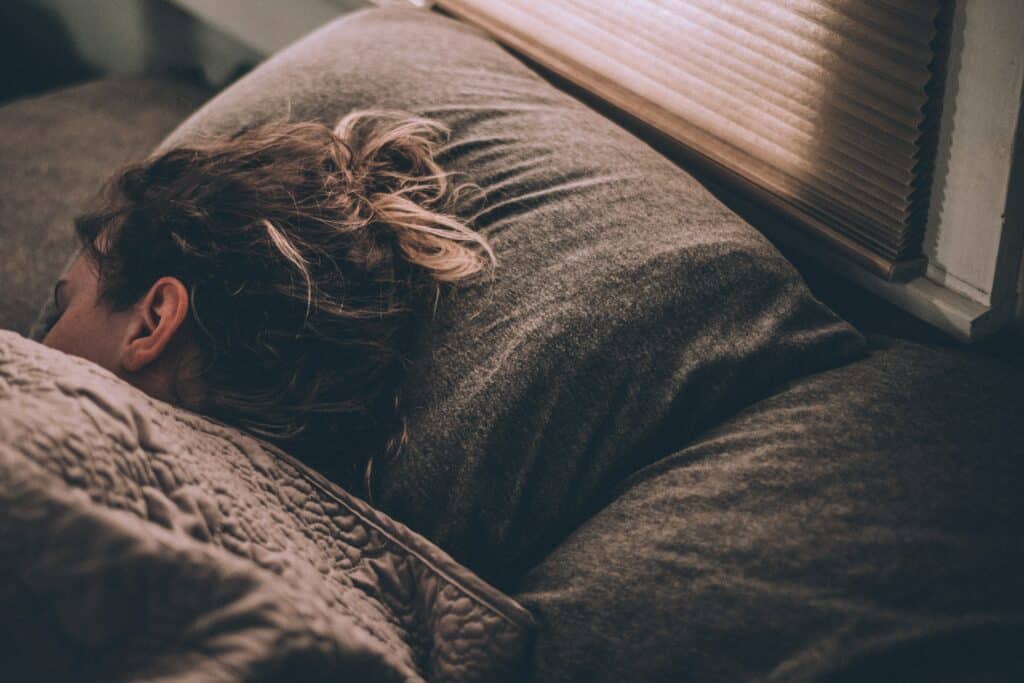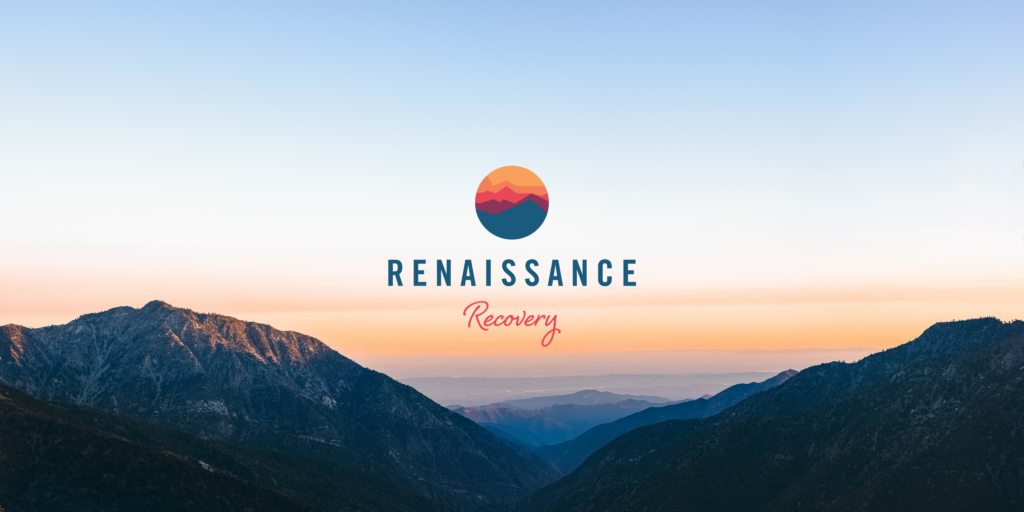A good night’s sleep is necessary to rest our bodies and minds from the previous day’s stress and activity.
The US National Sleep Foundation reports that 20% of people use alcohol to get to sleep. Alcohol will affect your sleep patterns because it makes you fall asleep faster due to the drowsiness it induces. That said, it can lead to other problematic side effects. If you need help overcoming a substance abuse problem, reach out to our Orange County alcohol rehab today.
The Science of Sleep
Researchers have been studying the effects of alcohol on sleep since the 1930s. The first study was made by a scientist called Kleitman who reported that alcohol affects body temperature during sleep in 1939.
In the 1960s and 1970s, scientists uncovered different sleep states such as rapid eye movement (REM) sleep. They also developed technology that can monitor sleep states enabling them to standardize methods of documenting sleep patterns.
The electroencephalogram (EEG) was invented by a German psychiatrist called Hans Berg in 1929. The EEG test measures levels of electrical brain activity by monitoring electrical impulses from electrodes attached to a person’s scalp.
This method of monitoring brain activity is still used today.
Sleep research has since developed into the study of sleep disorders paying particularly close attention to the effects that alcohol has on sleep and how it impacts a person’s functioning during the day.

Brainwaves
If you’re not already aware, the brain goes through different stages during the day and night. Electrical impulses are fired between neurons in the brain. The speed of these impulses varies according to a person’s activity and mental and emotional state.
The faster the brainwaves the higher the frequency. Researchers have identified 5 main types of brain frequency:
- Beta: This is the most common frequency that our brains work at while we are awake, alert, and problem-solving.
- Alpha: When we are awake but in a calm restful state, alpha brain waves occur.
- Gamma: Gamma waves are the fastest brain wave frequency and can measure as high as 100Hz. These brain waves occur in babies and small children and are associated
- Theta: These are slow brain waves associated with creativity, daydreaming, and intuition. Theta waves are strongest during meditation.
- Delta: The slowest brain frequency associated with deep restorative and healing sleep.
Healthy Sleep
As a person falls asleep the brain is still somewhat alert and produces beta brain waves. The brain then slows down further and produces slower alpha brainwaves before falling into a deep sleep.
During a night’s sleep the brain cycles through three stages – stage 1, stage 2, and stage 3 then REM sleep.
Stage 1: Once asleep a person is only light sleeping. At this stage, the brain is producing theta brain waves.
Stage 2: The brain stays in this state for around 50% of a night’s sleep. It is a slightly deeper sleep than stage 1.
Stage 3: This is when the brain goes into a deep sleep. For sleep to be restorative the brain needs to be in stage 3 for around 20% to 25% of the night. This is when the brain produces healing restful delta brainwaves.
During stage 3 sleep, it is difficult to arouse someone from sleep.
REM Sleep: After stage 3, the brain goes into REM sleep after around 90 minutes. When a person goes into a deep sleep their eyes are closed but move very rapidly, hence the name ‘rapid eye movement.’ During this stage of sleep, the body is extremely relaxed and the person has vivid dreams.
Over the night, the brain cycles through each stage four to five times, each cycle lasting for around 90 to 120 minutes.
During the first two cycles, the brain only experiences 10-minute cycles of REM sleep. As the night progresses, the REM sleep cycles become longer.
Does Alcohol Affect Sleep?
Alcohol can help you to fall asleep as it depresses the central nervous system.
But, large quantities of alcohol before bed will affect sleep quality.
As alcohol metabolizes quickly, you experience withdrawals in the second half of the night. Because your body is withdrawing from alcohol it causes shallow sleep, which reduces the length of REM sleep and delta brain activity.
In the morning you wake up feeling tired, have less energy, and are unable to concentrate effectively.
Many studies have indicated that moderate to heavy alcohol drinking before bed will affect your sleep in the second half of the night leading to reduced REM sleep and delta brainwaves.

How Does Alcohol Affect Sleep Stages?
To understand alcohol’s effect on sleep we need to refer to the stages of sleep.
As we explained, healthful restorative sleep occurs during REM sleep. The brain must go through non-REM (NREM) sleep stages 1 to 3 before slipping into that deep restful period.
Alcohol helps you to sleep but it interferes with the brain’s ability to go into REM sleep states. In the morning the person wakes up, feels tired and so drinks caffeine during the day to cope. But, in the evening they may self-medicate with alcohol again to offset the effects of the caffeine. Therefore alcohol drinking may affect sleep cycle.
If this cycle is repeated every night the person becomes more sleep-deprived which hurts their emotional and physical health. Research shows that it is common for people who have an alcohol use disorder to have a sleep disorder.
Insomnia
A common complaint amongst people with an alcohol use disorder is insomnia. Insomnia after drinking alcohol can become a gateway to becoming more dependent on alcohol.
A person who drinks to get to sleep every night will build a tolerance and need to drink higher quantities of alcohol to induce sleep. The daytime tiredness they experience the next day leads to poor coping abilities, anxiety, and depression. And so the cycle repeats as the person drinks for its mood-altering properties.
Sleep Apnea
Sleep apnea is a condition where a person stops breathing during sleep for periods of 10 seconds. Alcohol is known to increase the risk of sleep apnea.
People with sleep apnea have a higher chance of stroke, heart problems, type 2 diabetes, and liver problems.
Other Health Problems
Drinking alcohol before bed is also associated with a higher chance of sleepwalking, sleep talking, and memory problems.
The evidence is quite clear that the cost of alcoholism is damage to your health.
As we mentioned earlier, when you drink alcohol before you go to bed your body metabolizes the alcohol and your body goes into withdrawal.
Can you die from alcohol withdrawal? The answer is, “Yes, you can”.
Abruptly stopping drinking can cause your central nervous system to go into shock and cause seizures, hallucinations, profuse sweating, panic attacks, and anxiety.

Getting Help For Alcoholism at Renaissance Recovery
If you are struggling with an alcohol use disorder you will probably have sleep problems.
This disorder is treatable. With the right support, you can withdraw safely from alcohol, stay sober, and start to enjoy a good night’s sleep.
To tackle your sleep and alcohol problem you may identify with the following types of alcoholism.
Alcohol addiction will affect your sleep cycle but alcoholism is very treatable. Many people manage to withdraw safely with the help of a quality alcohol rehab center such as Renaissance Recovery’s Florida rehab. That means you can too.
After stopping drinking and adjusting to a healthy life, you’ll enjoy a good night’s sleep and experience profound improvements in your physical appearance, your mood, and day-to-day functioning.
There’s no need to stay trapped in the cycle of an alcohol use disorder, our California rehab can help you today. Help is on hand right away so call us today at 866.330.9449.









